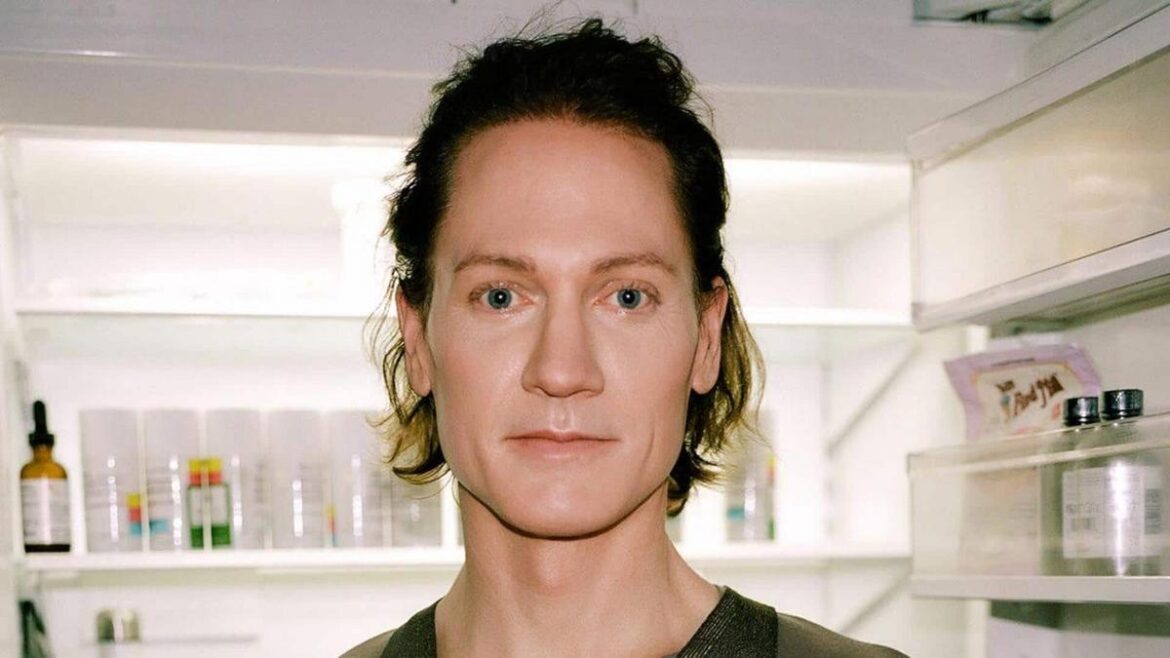Bryan Johnson Considers Selling Blueprint Amid Growing Frustrations
Entrepreneur and biohacker Bryan Johnson shocked followers and investors alike this week by announcing plans to either sell or shut down his anti-ageing startup, Blueprint. Known for spending millions annually to slow his biological age, Johnson admitted the business side has become too “pain-in-the-a**” to continue juggling alongside his personal mission to challenge human mortality.
Timeline of Blueprint’s Unraveling
Blueprint launched with big promises: to help people slow or even reverse ageing through lifestyle protocols, supplements, and cutting-edge diagnostics. Johnson served not only as founder but also as the company’s first and most public beta test. He claimed to follow an intense routine involving rigorous exercise, careful sleep cycles, and a plant-based diet supervised by a team of doctors.
The company rose to visibility quickly through Johnson’s online content and media profiles, touting what sometimes felt like unachievable health outcomes. But behind the sleek interface and attention-grabbing headlines, the underlying business struggled.
- Johnson reportedly invested $25 million of his own money into Blueprint.
- The company fell at least $1 million short of break-even each month, according to a recent New York Times report.
- Despite revenue growth, the financial strain showed no signs of letting up.
In a recent interview with Wired, Johnson laid it bare:
“Honestly, I am so close to either shutting it down or selling it,” Johnson said. “I’ve been talking to people about this. I don’t need the money, and it’s a pain-in-the-ass company.”
He explained that the attention paid to his business increasingly diluted his credibility as a serious thinker on ageing and longevity. “The problem is now people see the business and give me less credibility on the philosophy side. I will not make that trade-off. It is not worth it to me. So yeah, I don’t want it.”
Official Statements Counter Media Reports
The New York Times report painted a bleak financial picture. But Johnson pushed back firmly on key points, denying any link between the story and his decision to exit Blueprint.
“It has nothing to do with The New York Times. I am not hiding from the New York Times article. I’m happy to take, head-on, every single allegation they made. I will say [their reporting on] the business, that was f–ing made up,” he stated.
He went further to dispute claims that Blueprint was on the verge of financial collapse:
“We are break-even, and I’ve said that publicly many times. We’ve had profitable months, we’ve had loss months.”
So which is true? It’s hard to say. Financials for privately held companies like Blueprint can be tough to verify. What we do know is this: Johnson appears genuinely fed up.
Community Response: Clarity or Confusion?
News of the potential sale spread quickly among longevity enthusiasts, skeptics, and investors. Reactions have ranged from empathetic nods to open cynicism. After all, Johnson has become a polarizing figure. Some admire his discipline and ambition; others question the veracity of his claims and the commercial motives behind them.
One Redditor described it as “the logical end of a brand that was never meant to scale.” Others mocked the idea that someone who invested aggressively in anti-ageing science would step away amid financial challenges, suggesting the whole endeavor was built for publicity.
Still, those familiar with Johnson’s mindset know this may be less about money and more about control over narrative. The man behind the “Don’t Die” mantra has regularly shown discomfort with being boxed in by conventional success metrics like product sales.
What’s Next for Bryan Johnson?
If Johnson follows through on selling or shuttering Blueprint, it could mark a dramatic pivot for someone who’s made longevity his life’s mission. But the exit from a commercial venture may actually free him to refocus on the philosophical and experimental aspects of his journey.
Here’s what might lie ahead:
- Increased public experimentation — Johnson has been transparent about everything from colonoscopies to biometric scans. Without a corporate interest to manage, he may go deeper into pure self-experimentation.
- Books or documentaries — His story seems made for long-form content. Don’t be surprised if a docuseries or memoir appears soon.
- Speaking and think tank work — Shedding a retail business might clear space for Johnson to become more of a public intellectual in the health space.
There’s also the question of who might buy Blueprint. Will another wellness brand swoop in? Or will a private equity firm slice up its assets? No details yet, but Johnson made it clear that interest exists.
A Cautionary Tale?
For many founders, this feels familiar. You start with a strong idea, pour time and money into it, and at some point, the demands of business start pulling you away from your original vision. Johnson might be different in that he’s willing—perhaps eager—to quit rather than compromise.
“I will not make that trade-off,” he said. “It is not worth it to me.” That speaks volumes. And whether you admire or disagree with his methods, you can’t deny that level of conviction.
You might be thinking: doesn’t it all seem like a movie? A guy trying to cheat death loses patience with commerce. Yet here we are. Johnson may not sell miracle pills anymore, but he’s still selling something—just a different kind of narrative.
In a Nutshell
Here’s what we know so far:
- Bryan Johnson confirmed he is considering selling or shutting down Blueprint.
- He cited personal and philosophical reasons, not financial harm.
- He dismissed the New York Times report as inaccurate, especially its financial claims.
- The company has had both profitable and losing months, according to Johnson.
- A potential sale could allow Johnson to refocus on personal longevity experiments and philosophical pursuits.
Is this the end of Blueprint? Or just a new chapter in Johnson’s unique journey? Stay tuned. If we’ve learned anything from Bryan Johnson, it’s that the story rarely ends where you expect it to.

